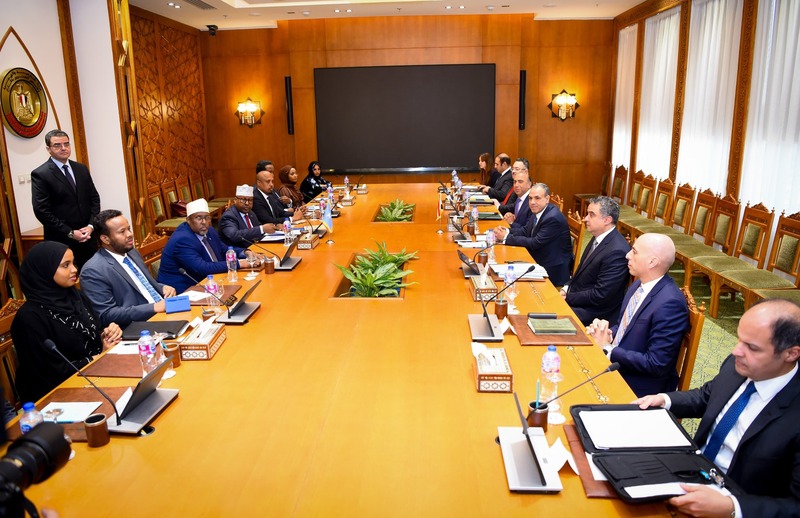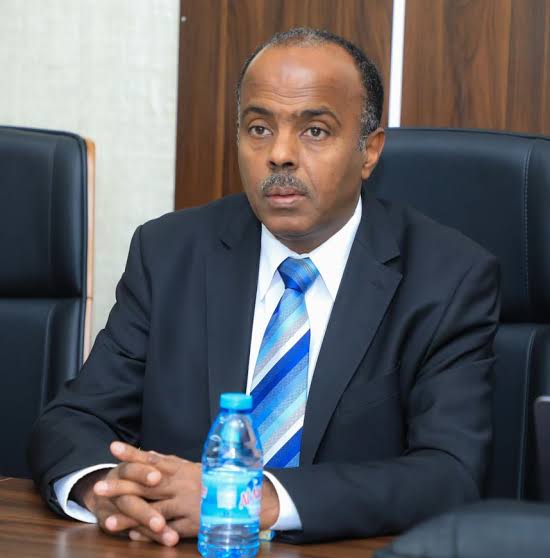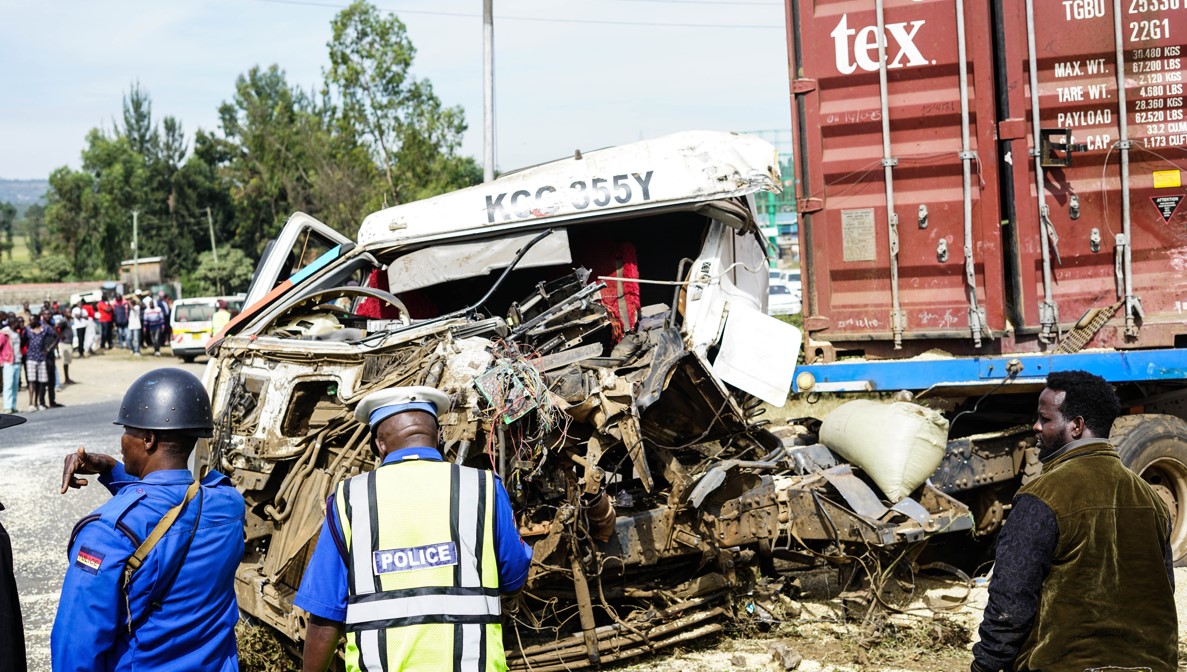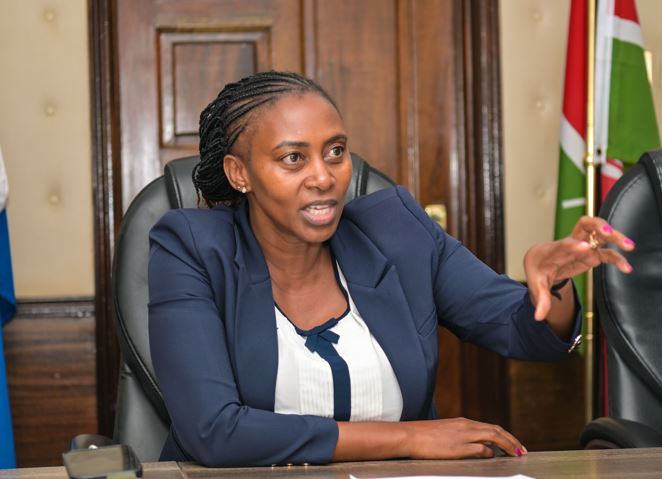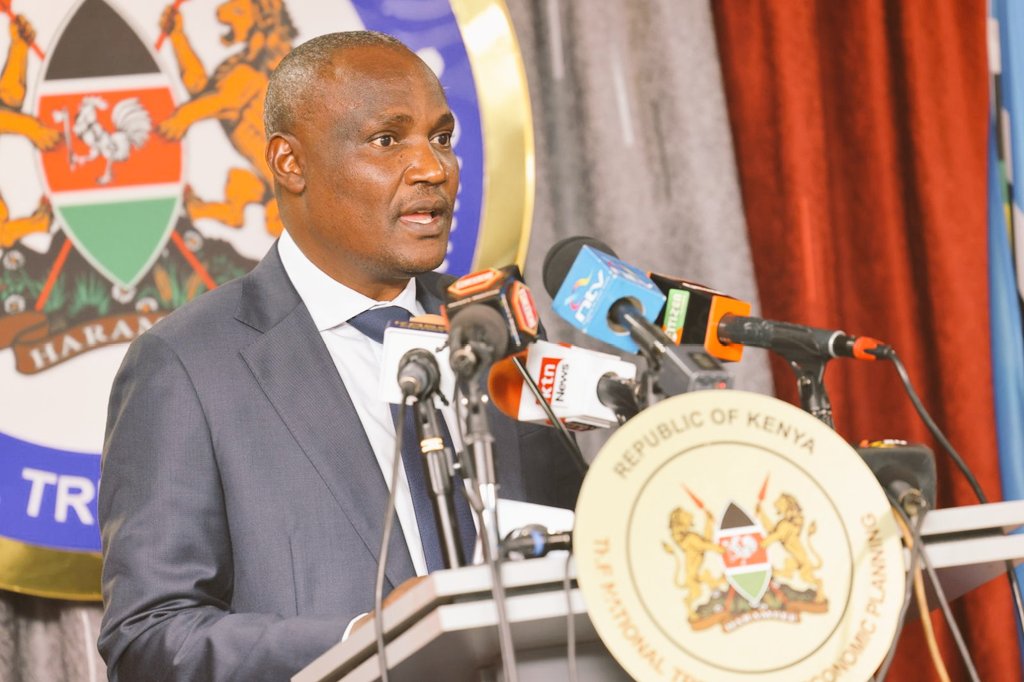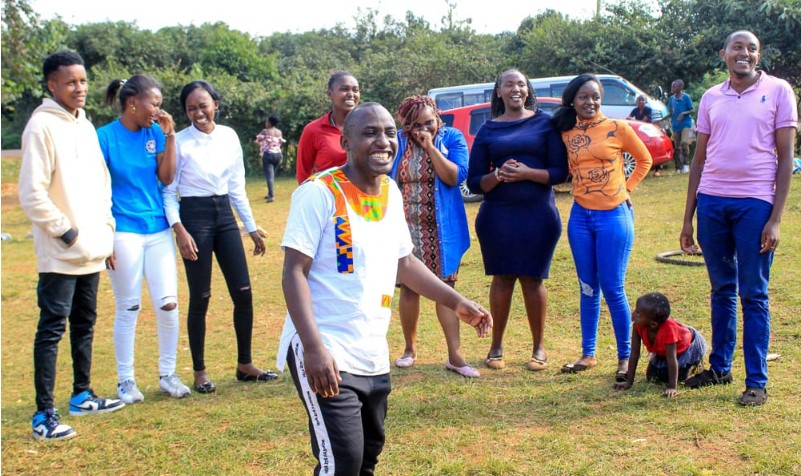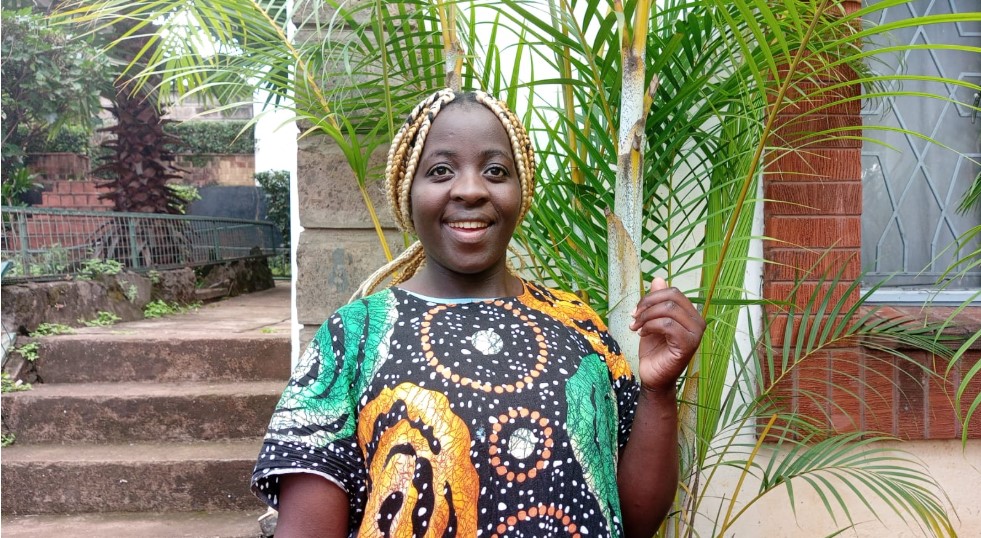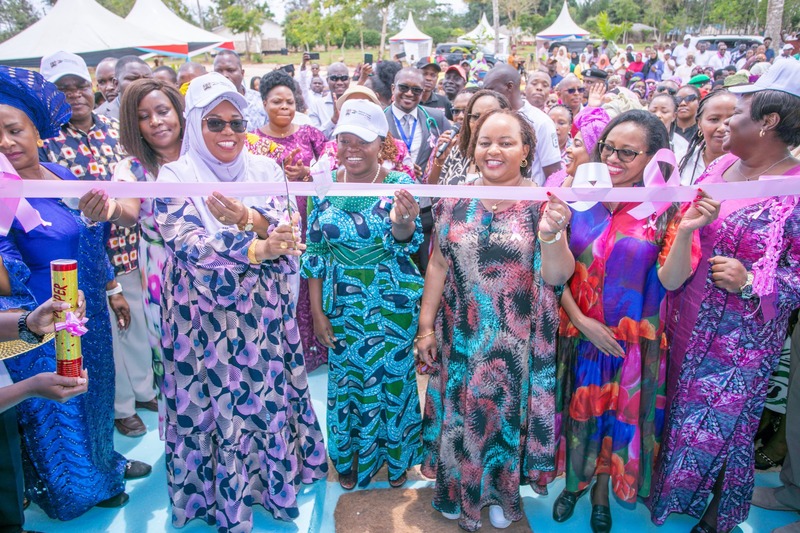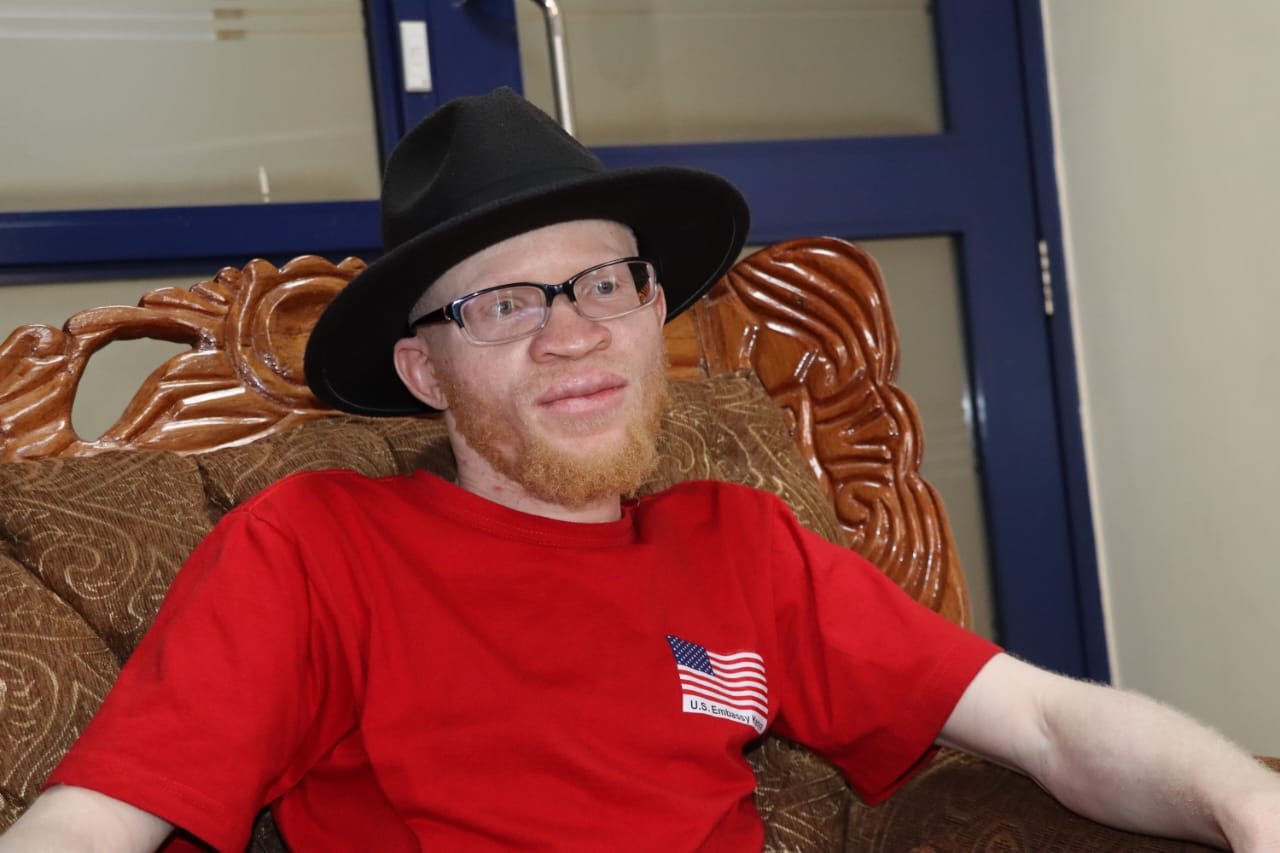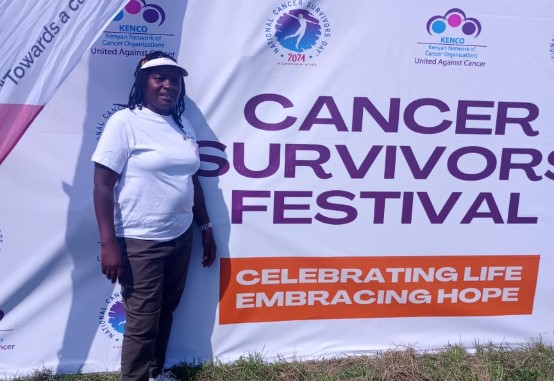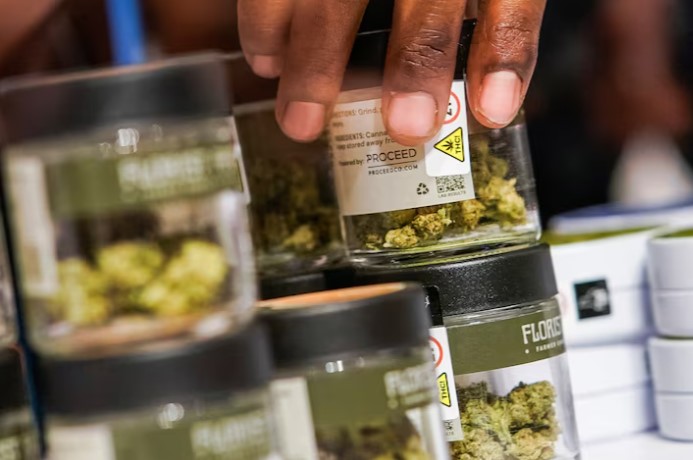Kwale community group advocates for women's health, challenges harmful traditions
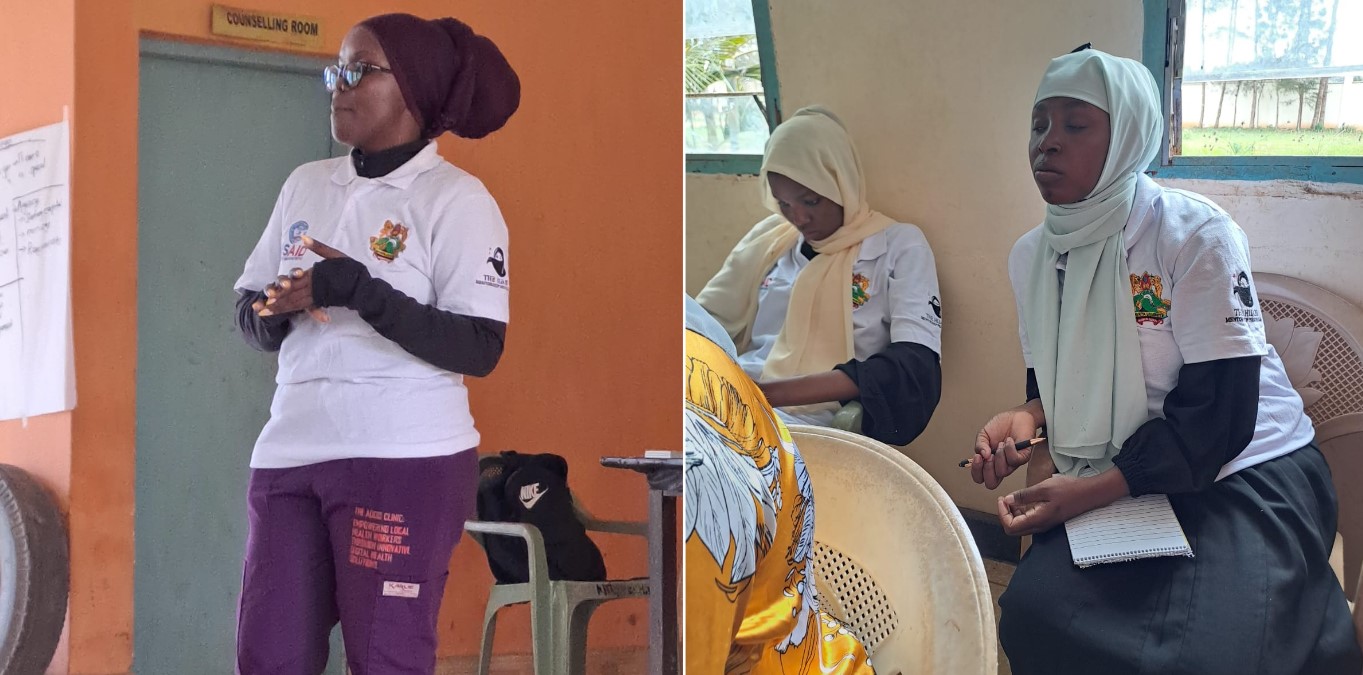
By Mishi Gongo |
The Hijabi Mentorship Organisation is raising awareness about the importance of seeking medical care and addressing cultural practices that endanger the well-being of women in the region.
A community-based group in Kwale County is making strides in advancing women's health at the grassroots.
The Hijabi Mentorship Organisation is raising awareness about the importance of seeking medical care and addressing cultural practices that endanger the well-being of women in the region.
Keep reading
- How unregulated tobacco products in Kenya are posing serious public health threat
- Public warned over unregistered and substandard cancer drug in the market
- African men most at risk of prostate cancer – new study flags genetic causes
- The growing threat of smokeless tobacco: Health risks and rising usage
The organisation focuses on reproductive health and conditions affecting the reproduction systems that are, in most cases, not talked about due to shame and societal stigma.
An official of the organisation, Linah Mulongo, said many women in the region are suffering in silence, while some delay seeking treatment due to embarrassment.
"We have patients suffering from critical conditions like fistulas who do not seek medical services due to shame. Our campaigns seek to let the women know that these conditions exist and are treatable when detected earlier," said Mulongo, adding that they have partnered with health officials.
She said the group has organised a series of workshops and awareness campaigns that will cover the four sub-counties of Kwale County. The workshop and awareness campaigns aim to educate women about the importance of timely medical care and challenge outdated practices that jeopardise their health.
A range of topics, including symptoms of cervical cancer, prevention methods, and available treatment options, will be covered.
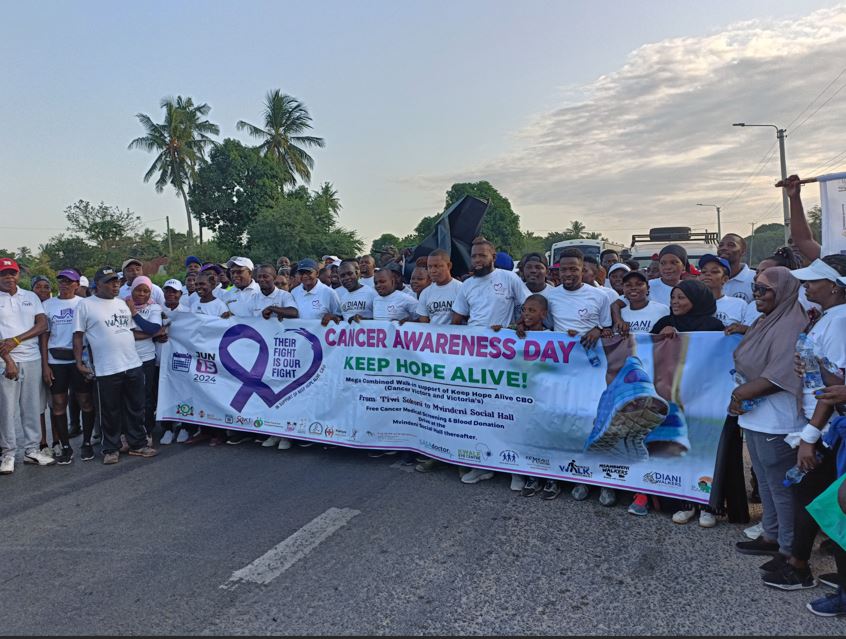 Cancer survivors and well-wishers during cancer awareness day at Mvindeni Social Hall in Kwale County in June 2024. (Photo: Mishi Gongo)
Cancer survivors and well-wishers during cancer awareness day at Mvindeni Social Hall in Kwale County in June 2024. (Photo: Mishi Gongo)
"We are currently taking these campaigns across the county. We have started with Matuga. Afterwards, we will go to Msambweni, Lunga Lunga, and finally Kinango sub-county," she said.
Linah emphasised the pressing need for grassroots stakeholders to work together to promote health rights awareness.
She insisted on the need to reach out to communities and provide them with the information they need to make informed decisions about their health, adding that the stigma surrounding certain health issues can be a barrier.
"Journalists and activists must collaborate to spread health messages effectively," she stated, lamenting that women's health issues often go unnoticed at the grassroots level due to societal stigma.
Linah lamented that certain customs and traditions prevent women from discussing these matters openly, leading to a lack of transparent dialogue.
A resident, Fatuma Juma, admitted many women in her community suffer in silence because they are too embarrassed to seek help for conditions like fistulas.
"It is time for us to break the silence and address these issues openly," she insisted.
Fatuma sentiments were echoed by Mishi Baraka, who noted that cultural practices should not stand in the way of women's health.
"We need to encourage open discussions and support women in seeking the medical care they need," she reiterated.
Reader comments
Follow Us and Stay Connected!
We'd love for you to join our community and stay updated with our latest stories and updates. Follow us on our social media channels and be part of the conversation!
Let's stay connected and keep the dialogue going!


